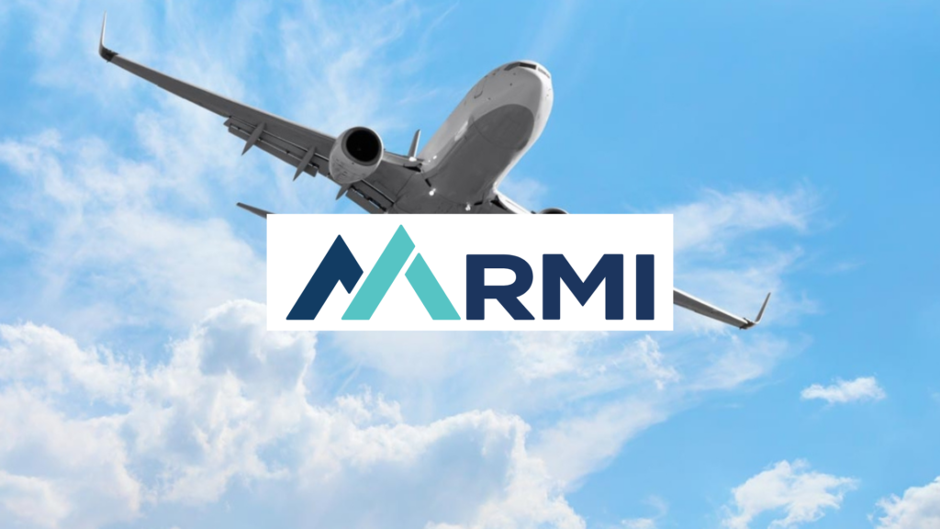Contrail management is a major challenge. As such, teamwork is needed across the industry to share information and develop strategies to address this challenge. The RMI Contrail Impact Task Force, the Justice League of contrail management, is the epitome of that teamwork.
Initiated in November 2022 by the Rocky Mountain Institute and Breakthrough Energy, the task force is a consortium of airlines, manufacturers, researchers, flight planners, and NGOs, working toward reducing aviation’s climate impact. These entities collaborate to broaden the field of research surrounding contrails by investigating the challenges, performing flight trials, verifying the results, alleviating the uncertainties, and much more. We’ve featured many of the organizations in the Task Force on our blog and look forward to the continued progress that it’s making.
For example, RMI worked with Virgin Atlantic on their groundbreaking Flight100. They analyzed the results – diving into the impact that SAF may have on contrail formation and taking another step in advancing our understanding of the relationship between fuel emissions and contrails.
Earlier this year, Andrew Chen, a Principal for Aviation Decarbonization at RMI, was on the Sustainability in the Air podcast discussing his work at RMI and the Contrail Impact Task Force. He mentioned that the Task Force is aiming to move toward a more consensus view on which types of solutions are most scalable and their implications. As well as endeavoring to highlight the priority gaps in research, climate observations, and weather and humidity data.1 Conquering these factors would shed a lot of light on the mechanics of contrail production and the plausible benefits (and costs) of avoidance.
More recently, the Task Force released a comprehensive report on understanding contrail management, which offers a concise overview of all things contrails. The report is a must-read for anyone seeking to sharpen his or her knowledge of contrail management and the retinue of challenges and opportunities that come with it. As it says in the introduction:
“This report aims to provide a detailed technical overview for decision makers and stakeholders, including researchers, commercial air carrier operators, international aviation industry organizations, civil society, and policymakers. With this collective understanding, it is our hope that these sector actors further support research efforts and work toward potential non-CO2 industry standards and policies for the global aviation system.”2
The concerted effort of this Contrail Impact Task Force will thrust contrail research into a new gear and seek to provide answers to some of the biggest questions inhibiting the implementation of contrail avoidance.
[1] Sustainability in the Air | RMI’s Multi-pronged Approach with Andrew Chen
[2] RMI Task Force Report | Understanding Contrail Management: Opportunities, Challenges, and Insights

